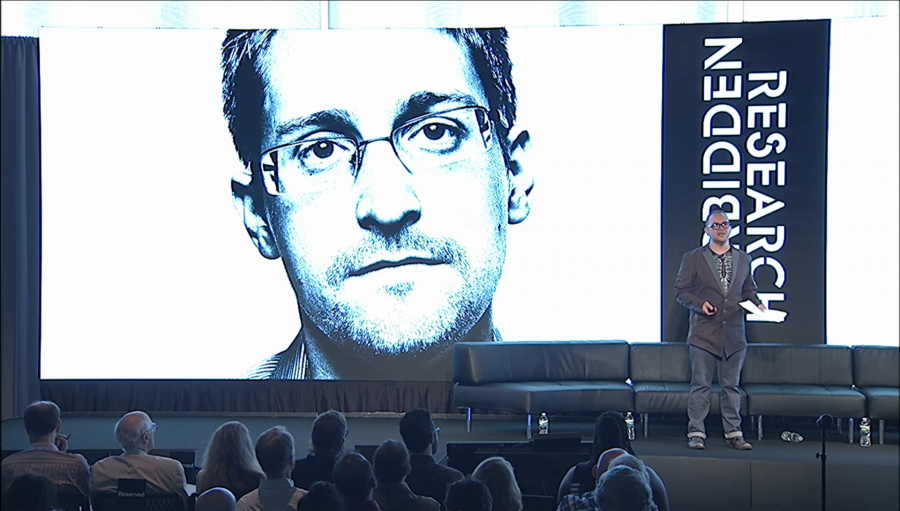At that moment when everybody is suddenly caring about this stuff, that’s the moment at which nihilism can be averted. It’s the moment in which nihilism must be averted if you’re going to make a change. Peak indifference is the moment when you stop convincing people to care about an issue, and start convincing them to do something about it.
Archive (Page 2 of 3)
Any time that you lessen levels of disparity you’re going to have more progress. And you can’t look at it as an own individual term. Progress in your own life, progress in technology. But I believe that you have to look at progress through the connection of everything. That’s what sustainability is really about. It’s about the relationship of our economy, of social justice, the quality of life of people, and then the last part is the environment.
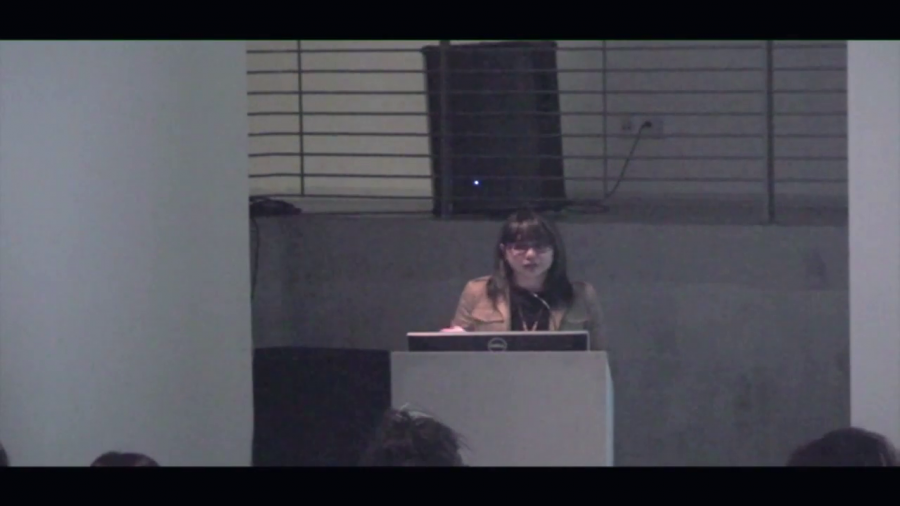
When we think about network graphs and we talk about how the network effects that make up an important part of how social movements and how information is distributed online, there’s this assumption in those visualizations that every node in that network is equal. But very often, and you can slice data in many different way, the languages that we speak actually limit the networks that we have access to and that we’re interacting with.
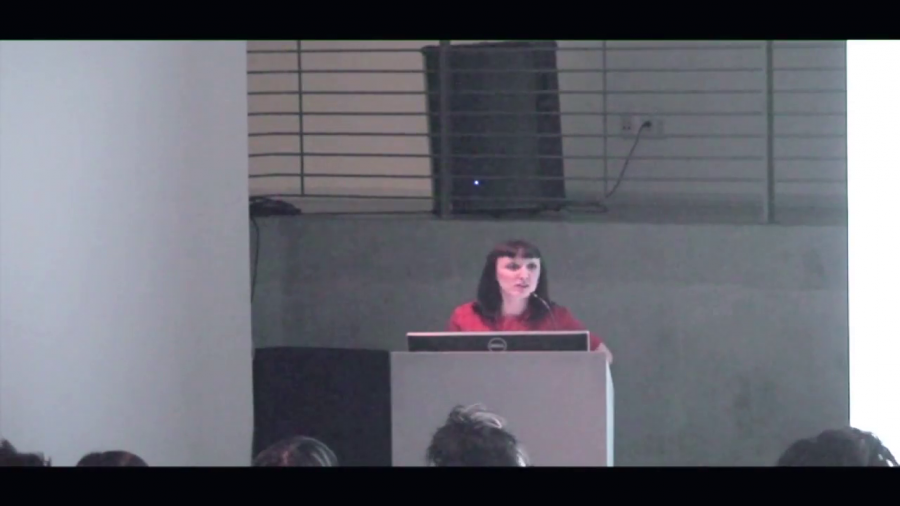
What I’m arguing primarily today is that focusing on pedagogy is a key aspect of social justice work, and that teaching critical data literacy along with other digital literacy skills is a key part of what we need to do.
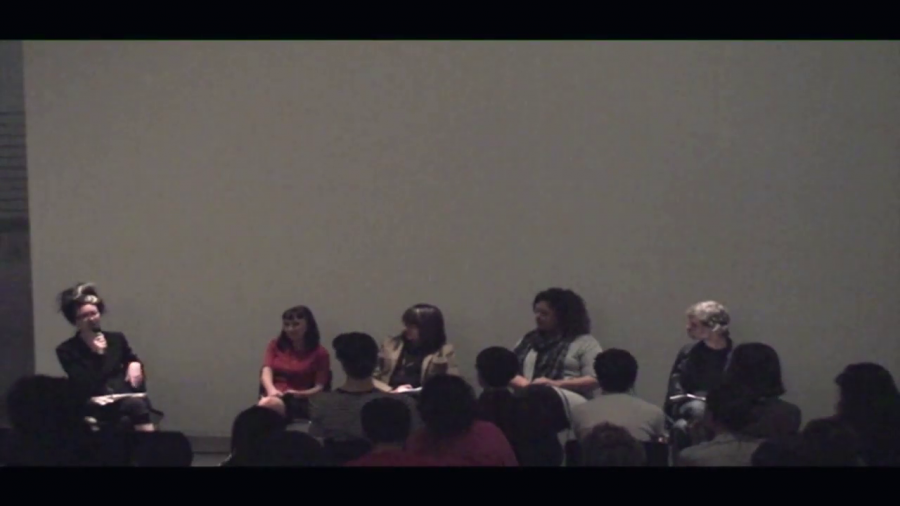
We’re losing our ability to forget the things that should be forgotten. Wait until you try to run for Senate or Congress, some of you in this room, and some pictures or text roll up.
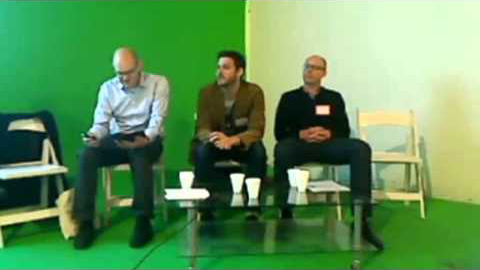
[The] persuasion model advanced by Rushkoff and Lasn is particularly useful for thinking critically through a variety of recent politically-oriented web phenomena like profile picture changing campaigns, political viral videos, hashtag activism and the like.

Among other things [The Cute Cat Theory] suggests that ordinary online tools and platforms, the kind that people commonly use to share innocuous content such as cute pictures of cats make it possible for non-activist users to create and disseminate activist content online.
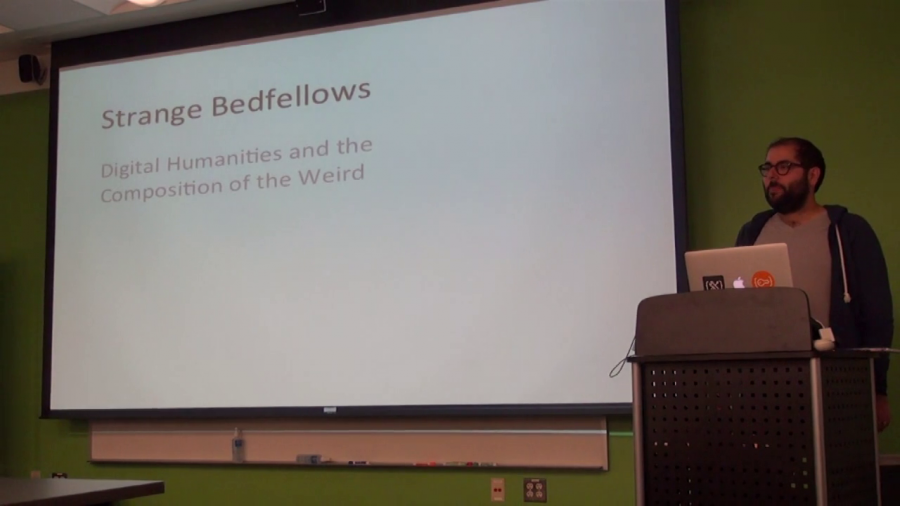
I’m here at MITH today, and I wanted to talk a little bit about digital humanities from my position as an interested outsider. I’ve always kept a finger in academia, at first through game studies and people studying video games, and more recently through electronic literature and those fields. I’m not going to go into a “what is it?” debate because I know everyone who’s in digital humanities is very tired of those, but we know when we see it, right?
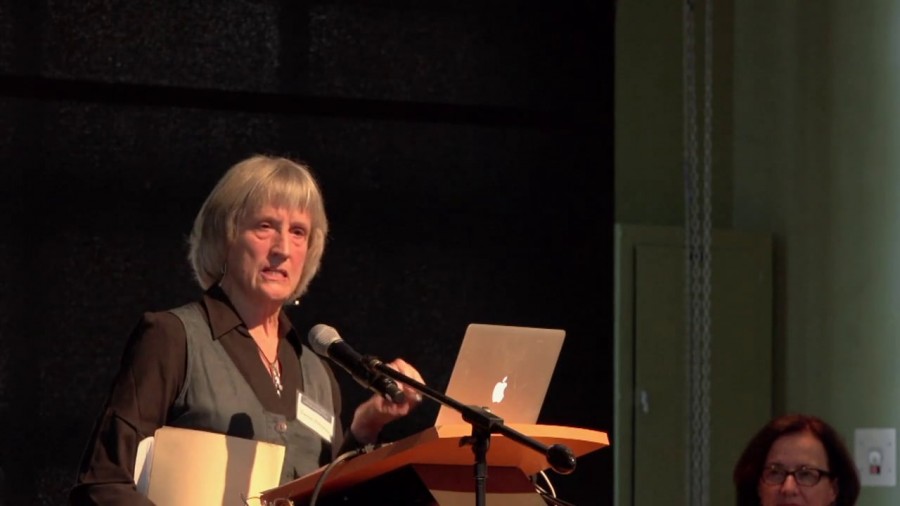
I’m going to propose to us that the Cthulucene might be a way to collect up the questions for naming the epoch, for naming what is happening in the airs, waters, and places, in the rocks, and oceans, and atmospheres. Perhaps needing both the Anthropocene and the Capitalocene, but perhaps offering something else, something just maybe more livable.

So I got curious, and I asked myself what is the Iranian Internet, and who is the Iranian user? I was pissed off enough, like I said, to take a step or to feel the urge to do something. To feel the urge of making something. And the thing that I really wanted to bring across was that censorship is happening in a different country, where it’s being used to bring across information, to make voices heard.

